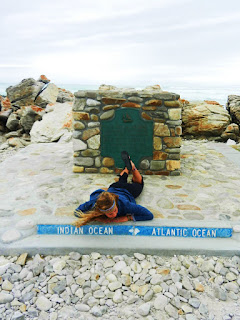
Someone must have recently suggested to several of my new friends that they should be making me mix tapes filled with songs about home. In the past two weeks, the new music I have acquired has consisted of Michael Buble’s “Home,” Edward Sharpe’s “Home,” “Shelter” by The xx, “A Horse is Not a Home,” by Miike Snow and “Hey There, Delilah,” which is not about home per se, but is so thoroughly American that it might as well be. And this was one CD.This incredibly beautiful new life of no TV, no radio, and minimal internet has led to a lot of music listening. And, due to new mix tapes, thoughts of home.
It’s not homesickness, that’s not it. Sickness is how you feel a few months after you realize oatmeal is really the only thing you know how to cook. Or being on a boat for too long because whales are swimming right underneath. Or the anxiety before a first African Dance performance. And what I feel, it isn’t sick for home. It’s the desire for my home to be there with me to experience the bad oatmeal, the yellow kayaks in the ocean and my first recital. Because those experiences are, well, sick.
Michael Buble, he sang to me this evening and told me he’s been to Paris and Rome, and he just wants to go home. I feel for Michael, I do, but I can’t say my feelings agree. I just want home to have the chance to see what I see. To feel what I feel. To touch the same sand, run down the same streets, taste the same water and feel the same sunbeams at the same hours of the day. I want my sisters to sit on the same bus seats and try the same candy and feel the same warm in the afternoon. And I want my home friends to hear the same accents and learn the same slang words and look out at the same mountains every morning so that when I am back at home, I can call them up on the same area code and say, “Remember how the fog used to hang so low in the mornings when we walked to the Laundromat?”
So I’m trying, Home. I’m trying to bring back as many memories and stories and adventures as one body can hold. I’ll take pictures and I’ll write things down and I’ll collect phone numbers of interesting people I meet along the way. Just know that I wish you were here to see it too. Because my God, it is beautiful.








